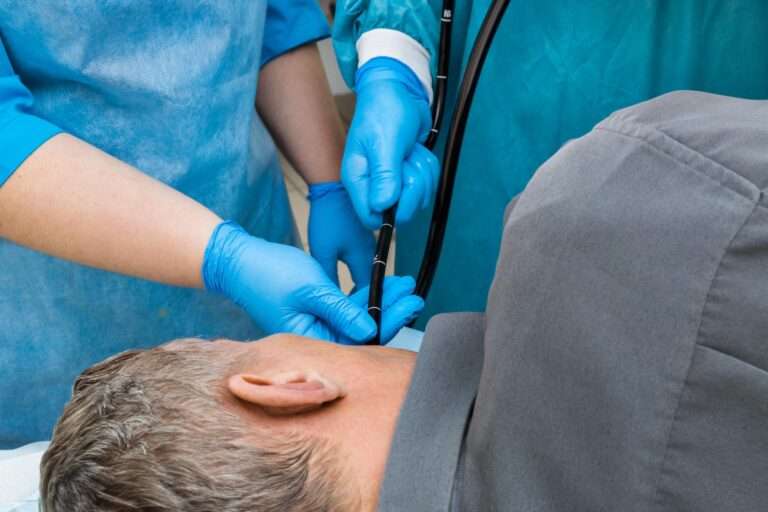- Home
- Contact Us
- Providers
- David M Bresch, MD
- MOHAMMAD ASHRAF, M.D.
- Rubina B. Raza, MD
- Ghazali A Chaudry, M.D., F.A.C.S.
- Rajendra P Gupta, MD
- Shahzinah Nadeem, MD
- Mohammad F Anwar, M.D.
- Johannelda J. Diaz, NP
- Spring R. Matthews, MD
- Khurshid Haque MD
- Shahid B. Meer, MD
- Dr. Prajakta Avhad, MD
- Basma Khan, MD
- Irfan U. Huq, MD
- REHAN SHAH , MD
- Farhat Nageen, MD
- Vida-Lynn Asiamah-Asare, NP
- Sheema Jalil MD
- William Lou, MD
- Dr.Qaisar. H Usmani
- Maged Ghanem
- Barakat Elshaikh
- Dr.Sadia Ghafoor
- MOIZAH SAAD
- Sadia Ghaffar MD
- Stephanie A.Rogers APN
- Coleen M. Serzanin
- Arti H. Khatri, MSN, FNP-C, SCRN
- Bhanwarlal Chowdhury, MD
- Mushtaq A. Memon, MD
- Kendie Castillo, NP
- Selim U. Sheikh, MD
- Nadeem Ul. Haque, MD.
- Geralda Oluwagbamila, FNP-BC
- Mabrigida S. Viaje, NP
- Harold J. Brown, MD
- Mohammad Younus, MD
- Javier G. Taboada, MD
- SYED S Ahmad, MD
- La-Toya J Newsome, MSN, RN, ANP-BC
- Hazel N. Chavez, NP
- Lisa DiPietropolo, MSN, APRN, PMHNP-BC
- Jacqueline Ford DeCunzo
- Dr. Fouad S. Albana MD
- Virginia Atieh, MSN, APRN, FNP-BC
- Services
-
- Resources
- Articles
- Home
- Contact Us
- Providers
- David M Bresch, MD
- MOHAMMAD ASHRAF, M.D.
- Rubina B. Raza, MD
- Ghazali A Chaudry, M.D., F.A.C.S.
- Rajendra P Gupta, MD
- Shahzinah Nadeem, MD
- Mohammad F Anwar, M.D.
- Johannelda J. Diaz, NP
- Spring R. Matthews, MD
- Khurshid Haque MD
- Shahid B. Meer, MD
- Dr. Prajakta Avhad, MD
- Basma Khan, MD
- Irfan U. Huq, MD
- REHAN SHAH , MD
- Farhat Nageen, MD
- Vida-Lynn Asiamah-Asare, NP
- Sheema Jalil MD
- William Lou, MD
- Dr.Qaisar. H Usmani
- Maged Ghanem
- Barakat Elshaikh
- Dr.Sadia Ghafoor
- MOIZAH SAAD
- Sadia Ghaffar MD
- Stephanie A.Rogers APN
- Coleen M. Serzanin
- Arti H. Khatri, MSN, FNP-C, SCRN
- Bhanwarlal Chowdhury, MD
- Mushtaq A. Memon, MD
- Kendie Castillo, NP
- Selim U. Sheikh, MD
- Nadeem Ul. Haque, MD.
- Geralda Oluwagbamila, FNP-BC
- Mabrigida S. Viaje, NP
- Harold J. Brown, MD
- Mohammad Younus, MD
- Javier G. Taboada, MD
- SYED S Ahmad, MD
- La-Toya J Newsome, MSN, RN, ANP-BC
- Hazel N. Chavez, NP
- Lisa DiPietropolo, MSN, APRN, PMHNP-BC
- Jacqueline Ford DeCunzo
- Dr. Fouad S. Albana MD
- Virginia Atieh, MSN, APRN, FNP-BC
- Services
-
- Resources
- Articles
CALL US


